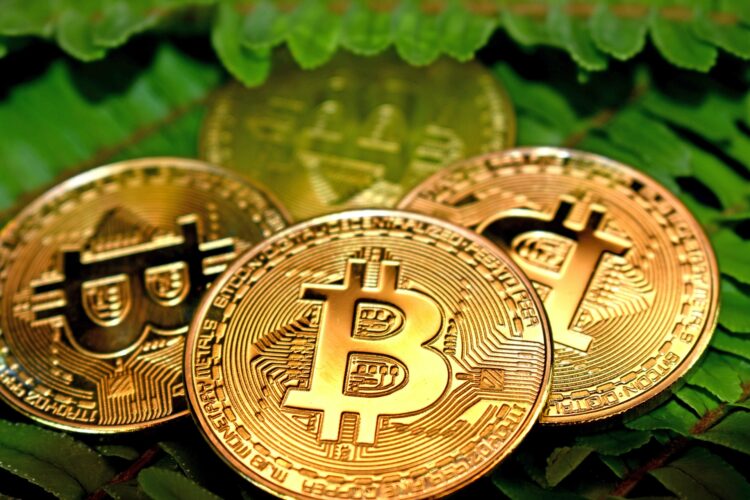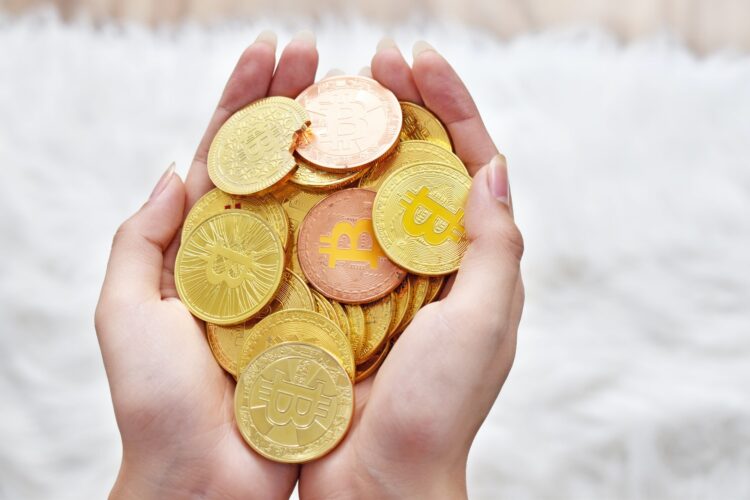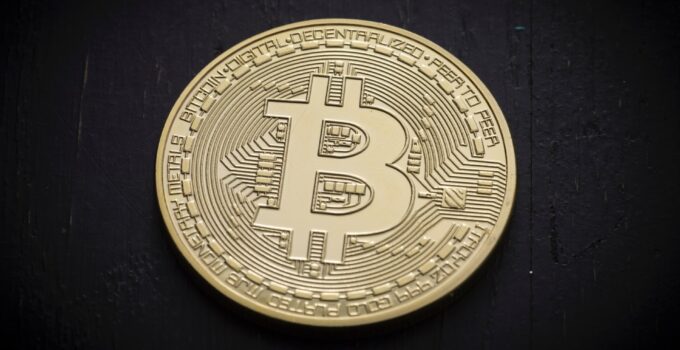If you’re even remotely interested in finance and economics, you must’ve noticed we’re living in a bit of a crypto-craze right now. The prices of cryptocurrencies have never been higher, on average, than they are today. Bitcoin has almost reached the $60,000 mark about a month ago, following a huge purchase from a Tesla CEO & founder, Elon Musk. Shortly after the priced dipped and is now sitting at around $48,000 per single coin.
It’s clear to anyone right now that the days of getting filthy rich off of Bitcoin with a $100 investment are pretty much over with. It has never been more expensive or hard to mine the coin and it’s extremely unlikely that the price will increase as dramatically in the following 10 years as it did in the previous ten. By extremely unlikely we actually mean impossible.
So, that begs the question, is there a way to make money off of Bitcoin in this day and age? Sure, you can still make money. The only difference between 2024 and 2011 is that now you’ll need a lot more than $100 to get going and you’ll have to rely more on your knowledge, rather than blind faith and luck. So, what is it that you can do? Mining is too expansive, investments won’t bring any significant profit unless you’re dealing with at least 6 figures – what’s left then? Well, let’s find out.
Page Contents
Bitcoin Interest Accounts

Source: unsplash.com
The Basics
Now, we’re not talking about a club where crypto lovers sit and discuss their favourite crypto bubble in the past decade. No. We’re talking about Bitcoin savings accounts, otherwise known as interest accounts. Unlike the rest of the crypto world, this concept will be a lot easier to wrap your mind around, as it is fairly similar to the traditional savings account you would open up in your local bank.
The premise is pretty much the same. You find a bank, or in this case, a provider and you deposit your Bitcoin into a savings or interest account and leave it to the provider to lend it out to others, while you collect interest. Sounds rather simple and pretty much the same as if you were to walk into a bank and open up a savings account, right? Well, in a sense, it is pretty much the same, at least in the beginning. As far as the long term goes, there are some key differences.
How Does It Work?
The Bitcoin you deposit into your interest accounts is in the hands of a provider. They lend those same coins to various marketplaces, traders and brokers for leveraged trading and charge them interest and that’s how you make a profit.
Now, unlike with traditional banks, most providers offer you a dynamic interest model. That is due to the fact that Bitcoin is a very volatile assent and it changes in value drastically each day. Now, the dynamic rate can be adjusted monthly, weekly, daily or even in real-time – based on various factors such as Bitcoin price, the amount you have in your account or the profits your account generates. With that in mind, the interest is being paid out virtually from the moment a transaction has been processed.
In general, the interest rate you can expect on Bitcoin, in particular, is anywhere between 6% and 8%. However, there are providers that could offer you better rates, especially for some other cryptocurrencies like Ethereum or Tether, but you can find out more about those at Bitcompare.net. To sum it all up, as far as Bitcoin goes, if you were to deposit a single coin today, by this time next year, you would earn somewhere around $4000 off of the interest alone.
Are There Any Risks?

Source: unsplash.com
Many are most certainly wondering are there any risks considering how ‘generous’ the interest rates are. The short answer would be – yes, there are some risks.
Insurance
First of all, when you deposit your money into a bank, you’re covered by FDIC insurance, usually all the way up to $250,000, but you can get even better coverage. On the other hand, when you’re depositing your cryptocurrency, there is no federal insurance to fall back on. What does that mean in practice? Well, if the bank goes under – you get your money back. If the provider you’ve left your Bitcoin with fails – you lose all your money. That’s basically why you get such a high interest rate. This is more of a high-risk investment than it is a savings account, regardless of the name.
Withdrawal Restrictions
When you put your money in a bank, in most cases, you can pull out all of your money without any penalties whatsoever. On the other hand, with crypto interest accounts, you don’t get to enjoy that level of freedom. In most cases, at the time of deposit, you are set with rules or limit as to the frequency or amount that you can withdraw. In most cases, that is once per year. So, if you notice the market crashing and you want to cash out before it’s too late – you can’t do that.
Compound Interest
Another key difference between the two is that with some crypto savings accounts there is no compound interest. Meaning you won’t get to enjoy your profits or gain upon them unless you trade or spend them. So, make sure you check up on that before you decide on a provider.
Is It Better Than A Crypto Wallet?

Source: unsplash.com
This is a question many have asked, but the truth is, there’s no answer to that question. They’re not the same thing. When you put your coins into a wallet, they stay there unaffected. The only thing that changes is the value of a single coin and based on that the value of your assets. The amount of coins themselves does not change, nor do you collect interest. On the other hand, as you’ve already learned, none of those things are true when it comes to interest accounts. Where do you want to keep your assets, though, is entirely up to you. If you don’t mind the risk, then yes – a savings account is better than a wallet. On the other hand, if you want to play safe, well, you already know the answer to that one.
As you can see, there aren’t a lot of things that separate traditional and crypto savings accounts other than the interest rate and the risks. The premise is a rather simple one that everyone with basic financial knowledge can comprehend. Now, whether you want to try it out or not is entirely up to you. We can only hope we’ve given you enough information on the subject so you can make a sound decision when the time comes.





